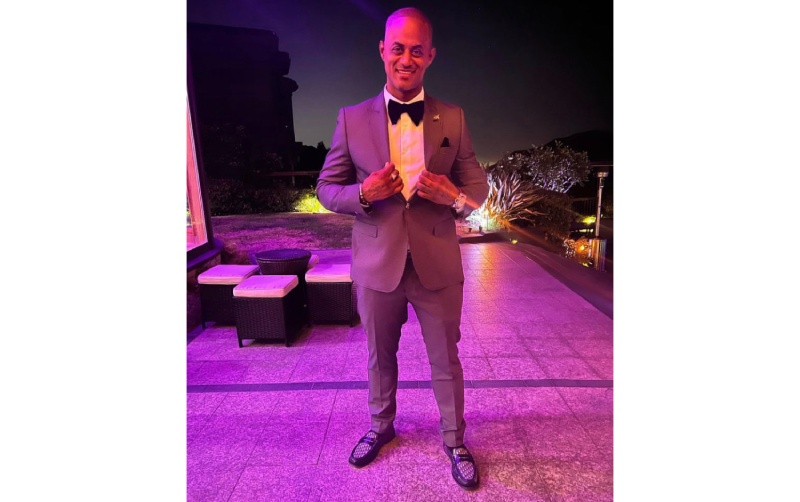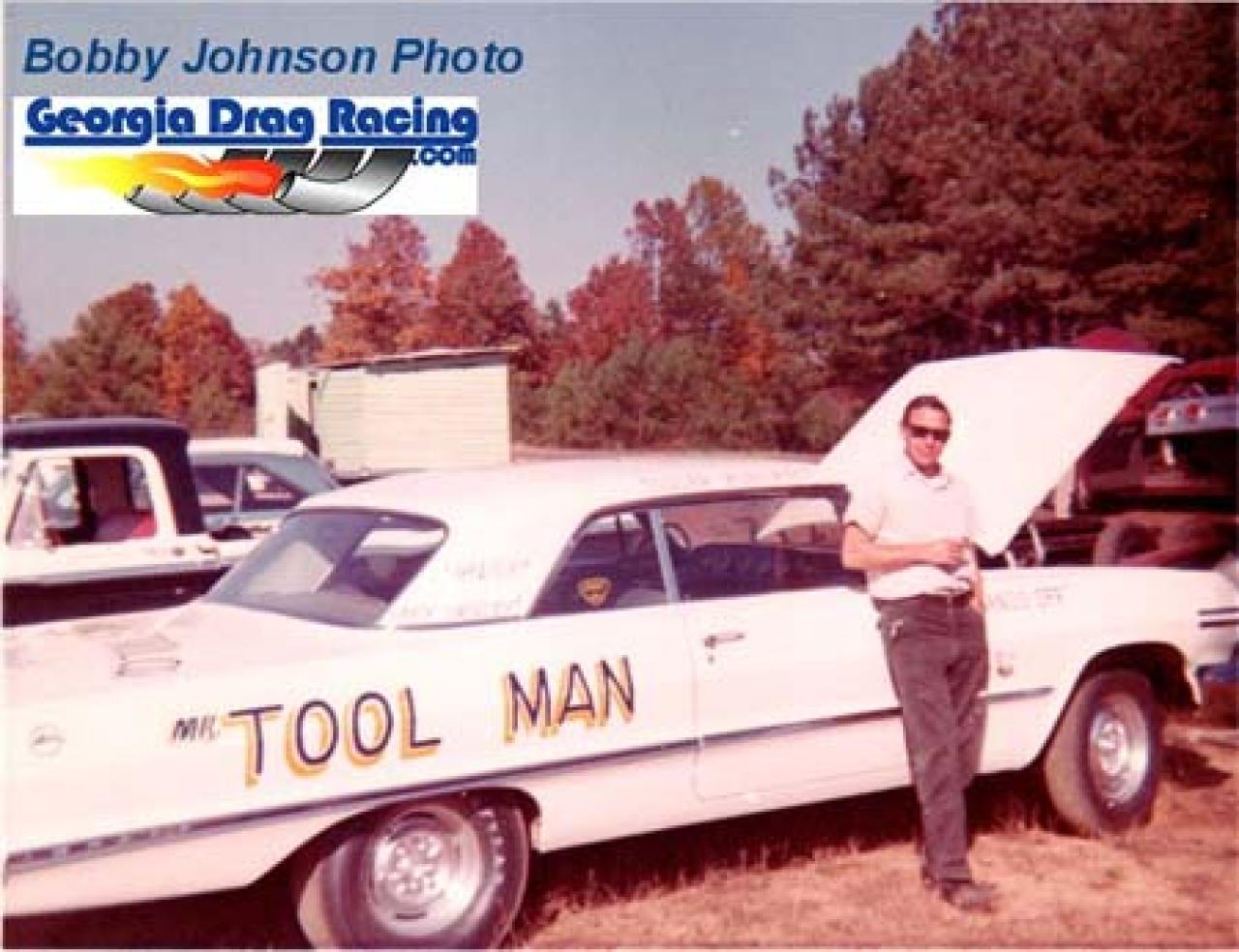Oscar Robertson: Stats, Life & Career Of "The Big O" - NBA Legend
Could a single basketball player truly redefine the game? Oscar Palmer Robertson, the man known as "The Big O," not only redefined the point guard position but also left an indelible mark on basketball history, changing the way the game was played and perceived.
Born on November 24, 1938, in Charlotte, Tennessee, Oscar Robertson's journey to basketball stardom began in less than ideal circumstances. Raised in a family of three sons, he honed his skills on the often unforgiving dirt courts of Indianapolis, Indiana, after his family relocated there when he was just four years old. These early experiences, battling against his older brothers, Bailey and Henry, and other neighborhood kids, instilled in him a fierce competitiveness and a relentless drive to succeed. Robertson's formative years were not just about developing his physical prowess; they were about cultivating a mental fortitude that would serve him well throughout his illustrious career.
| Category | Details |
|---|---|
| Full Name | Oscar Palmer Robertson |
| Nickname | The Big O |
| Date of Birth | November 24, 1938 |
| Place of Birth | Charlotte, Tennessee, U.S. |
| Current Age | 86 years old (as of October 26, 2024) |
| Playing Position | Point Guard |
| Height | 6 ft 5 in (1.96 m) |
| High School | Crispus Attucks High School (Indianapolis, Indiana) |
| College | University of Cincinnati (19571960) |
| NBA Draft | 1960 / Round: 1 / Pick: 1st overall |
| NBA Teams | Cincinnati Royals (19601970), Milwaukee Bucks (19701974) |
| Jersey Number | 1 (Royals and Bucks) |
| Career Highlights | NBA Champion (1971), NBA Most Valuable Player (1964), NBA Rookie of the Year (1961), 12-time NBA All-Star, 11-time All-NBA First Team, 1964 NBA All-Star Game MVP, Inducted into the Naismith Memorial Basketball Hall of Fame (1980) |
| Legacy | One of the greatest and most versatile players in NBA history; revolutionized the point guard position; holds the record for most triple-doubles in NBA history; impactful social activist and humanitarian. |
| Reference | NBA.com - Oscar Robertson Biography |
Robertson's impact wasn't limited to the hardwood. He was a revolutionary figure, a player who defied the conventions of his time. He was the first big point guard who could score from anywhere, rebound, pass, and play defense. Before Robertson, point guards were primarily viewed as facilitators, distributors of the ball. Robertson shattered this stereotype, seamlessly blending scoring, rebounding, and playmaking into a singular, dominant package. His offensive prowess changed the point guard stereotype from simply a passer and floor general to a scorer and a force to be reckoned with, changing the game forever.
His collegiate career at the University of Cincinnati was a prelude to his professional dominance. He was a three-time All-American, and his scoring prowess was immediately evident. He averaged over 30 points per game in each of his three seasons, showcasing his exceptional talent and versatility. His time at Cincinnati was a precursor to the impact he would have on the NBA, foreshadowing his future as a basketball icon.
Drafted by the Cincinnati Royals in 1960, Robertson immediately made his presence felt in the NBA. As a rookie, he averaged an astonishing 30.5 points, 10.1 rebounds, and 9.7 assists per game, winning the Rookie of the Year award. His impact was immediate and undeniable, injecting a sense of dynamism and flair into the Royals offense. The team's fortunes quickly improved under his leadership, as he quickly established himself as a dominant force in the league.
The apex of Robertson's individual achievements came in the 1961-62 season when he averaged a triple-double for the entire seasona feat that seemed impossible at the time and remains a testament to his all-around brilliance. Robertson averaged 30.8 points, 12.5 rebounds, and 11.4 assists per game, setting a standard of excellence that has rarely been approached, let alone surpassed. It was a statistical masterpiece, a showcase of his unparalleled versatility and dominance. He wasn't just scoring; he was rebounding, passing, and defending, all at an elite level. This feat cemented his status as a true original.
During his tenure with the Cincinnati Royals, Robertson consistently led the league in assists and was a perennial All-Star. He earned the MVP award in 1964, further solidifying his status as one of the game's elite players. While team success was elusive in Cincinnati, Robertson's individual brilliance shone brightly, captivating fans and influencing generations of players. He played 14 seasons for the Royals and Bucks, showcasing consistent excellence.
In 1970, Robertson was traded to the Milwaukee Bucks, joining forces with a young Kareem Abdul-Jabbar. This move proved to be the catalyst for the one major championship he would earn. In 1971, the Bucks, with Robertson as the floor general and Abdul-Jabbar as the dominant center, won the NBA championship, a crowning achievement for Robertson and a testament to his leadership and ability to elevate the play of those around him. This championship win cemented Robertson's legacy by adding a championship ring to his already impressive list of achievements.
Beyond the statistics and accolades, Robertson was a leader. He understood that it was his leadership as a lead guard that helped the team the most. He understood the importance of creating a cohesive unit, motivating his teammates, and orchestrating the offense. His ability to read the game, make the right decisions, and bring out the best in others were integral to his success.
Oscar Robertson's influence on the game extends beyond the court. His skills, vision, and impact on the way basketball is played are reflected in the awards and honors named after him. Basketball writers renamed their player of the year award the Oscar Robertson Trophy, a fitting tribute to a man who redefined excellence. His influence created a template for later stars, his legacy still shapes how the game is played today.
His impact on American society extends far beyond sports. He has also distinguished himself as a humanitarian, a social activist, a businessman, a teacher and mentor, and a labor leader. His efforts in the labor movement were particularly notable. He was instrumental in the fight for player rights and better contracts. Robertson fought for the recognition and respect that players deserved, helping to shape the landscape of professional basketball in ways that continue to benefit players today. His efforts led to the Oscar Robertson Leadership Award, celebrating individuals who make a positive impact on society.
In a time marked by racial segregation and social injustice, Robertson was a vocal advocate for civil rights. He used his platform as a prominent athlete to speak out against inequality, challenging the status quo and inspiring others to do the same. His activism extended beyond words, actively participating in initiatives to promote equality and opportunity. He was and continues to be a role model, demonstrating that athletes can use their influence to make a positive difference in the world.
Even in retirement, Robertson remains a visible and respected figure. His insights are sought after, his legacy continues to inspire. He remains a student of the game, watching and analyzing, eager to share his knowledge. He is an icon, a legend, and a symbol of excellence who continues to inspire all those around him.
His life story is a testament to the power of hard work, dedication, and the unwavering pursuit of excellence. From the dirt courts of Indianapolis to the pinnacle of professional basketball, Oscar Robertson's journey is a story of triumph over adversity, a celebration of skill, and a testament to the enduring power of the human spirit. His story is an inspiration, reminding us that with talent, determination, and a commitment to making a difference, anything is possible.
The impact of Oscar Robertson on basketball is undeniable. He didn't just play the game; he changed it, setting a standard that continues to inspire. From his unparalleled statistical achievements to his leadership and his advocacy for social justice, Robertson's legacy is multifaceted and profound. He is a legend, an icon, and a true pioneer. He is, without a doubt, The Big O.
While the article may include instances of the name "Oscar Roberts" as a result of the source material, it is important to clarify that this is likely a reference to Oscar Palmer Robertson. There is no readily available information confirming the significance of individuals named "Oscar Roberts" other than those instances.


